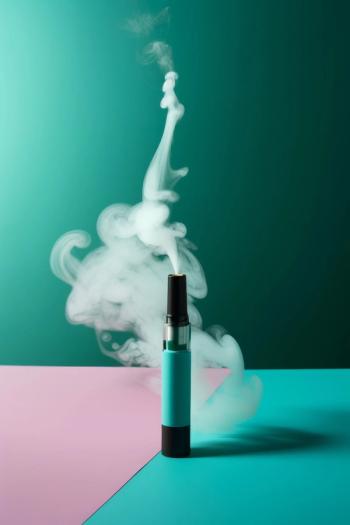
Mississippi Medical Cannabis Advertising Ban Challenge Declined by US Supreme Court
The US Supreme Court declined to hear a case regarding a ban on medical cannabis advertising in Mississippi.
Earlier this week, the
Mississippi legalized medical cannabis in 2022. In 2023, Cocroft opened Tru Source Medical Cannabis. Not long after getting started, he soon found out that the Mississippi Department of Health (DOH) had “broad authority” over the regulation of advertising. The DOH placed a blanket ban which prevents dispensaries from “advertising and marketing in any media,” (2).
With the US Supreme Court not hearing the case, the ruling from the 5th Circuit Court of Appeals will be upheld. This states that Cocroft does not “have a First Amendment right to advertise his dispensary because cannabis is outlawed under federal law,” (1).
“We’re disappointed that the Court declined to hear this case and make it clear that if a product is legal to sell, then it is legal to advertise,” said IJ Senior Attorney Ari Bargil, in a statement (1,2). “
“Even though the Supreme Court declined to hear this case, we remain committed to fighting battles to protect commercial and other forms of speech in courts throughout the country, so that every person who runs a legal business is able to talk truthfully about it,” said IJ President and Chief Counsel Scott Bullock (1,2).
USA TODAY reported that Mississippi “waived its right to respond to Cocroft’s request that the Supreme Court hear his appeal,” (3). The Magnolia State prevents cannabis from being advertised on social media, newspapers, email lists, billboards, and television (3).
References
- Branfalt, T. U.S. Supreme Court declines to hear challenge to medical cannabis advertising Ban - Ganjapreneur
https://www.ganjapreneur.com/u-s-supreme-court-declines-to-hear-challenge-to-mississippi-medical-cannabis-advertising-ban/ (accessed May 8, 2025). - Suderman, P. Supreme Court declines to hear case challenging Mississippi’s Medical Marijuana Advertising Ban - Institute for Justice
https://ij.org/press-release/supreme-court-declines-to-hear-case-challenging-mississippis-medical-marijuana-advertising-ban/ (accessed May 8, 2025). - Groppe, M. A fight over marijuana ads in Mississippi hits the Supreme Court
https://www.usatoday.com/story/news/politics/2025/05/05/supreme-court-case-medical-marijuana-advertising/83414632007/ (accessed May 8, 2025).
Newsletter
Unlock the latest breakthroughs in cannabis science—subscribe now to get expert insights, research, and industry updates delivered to your inbox.




